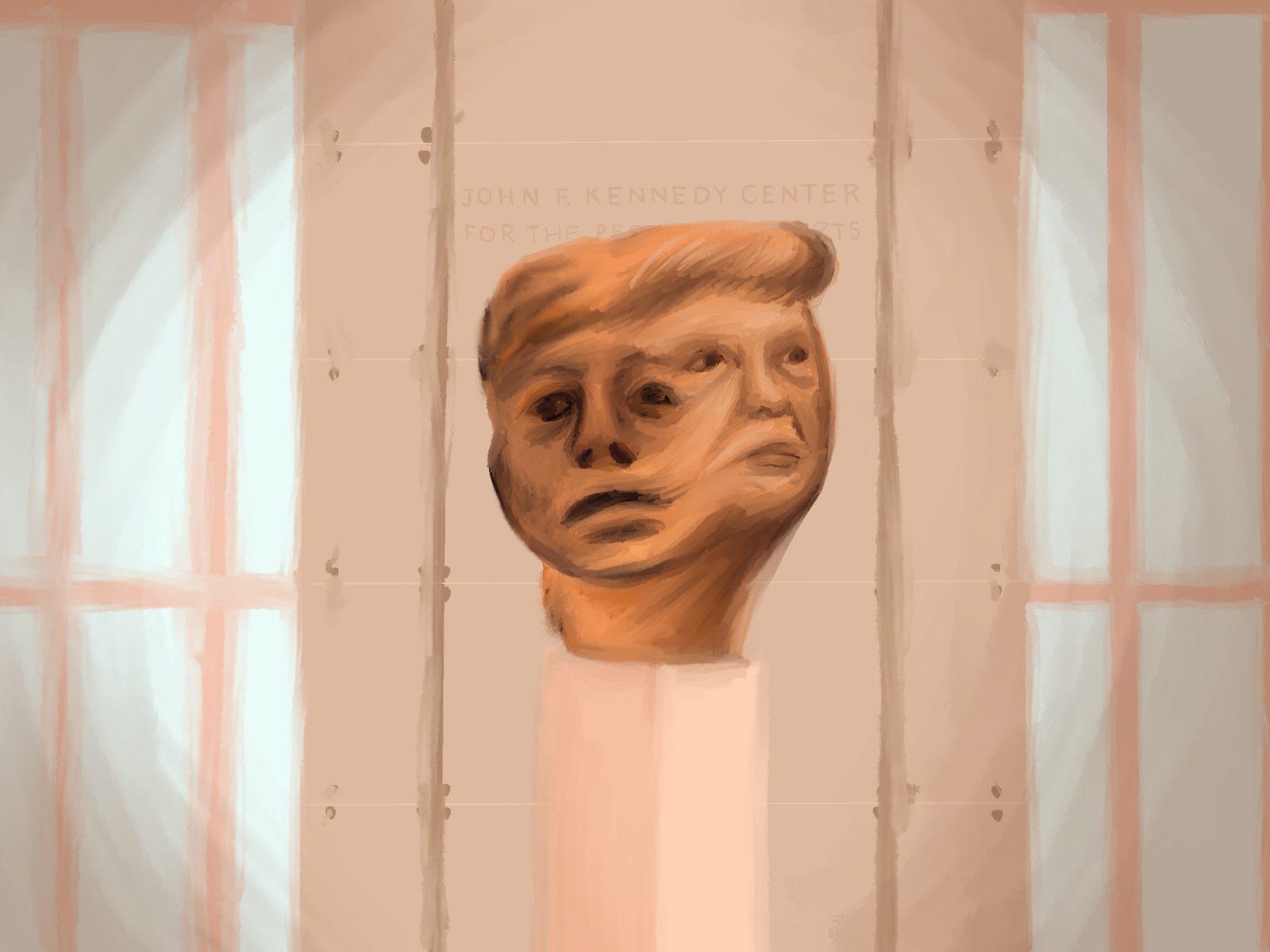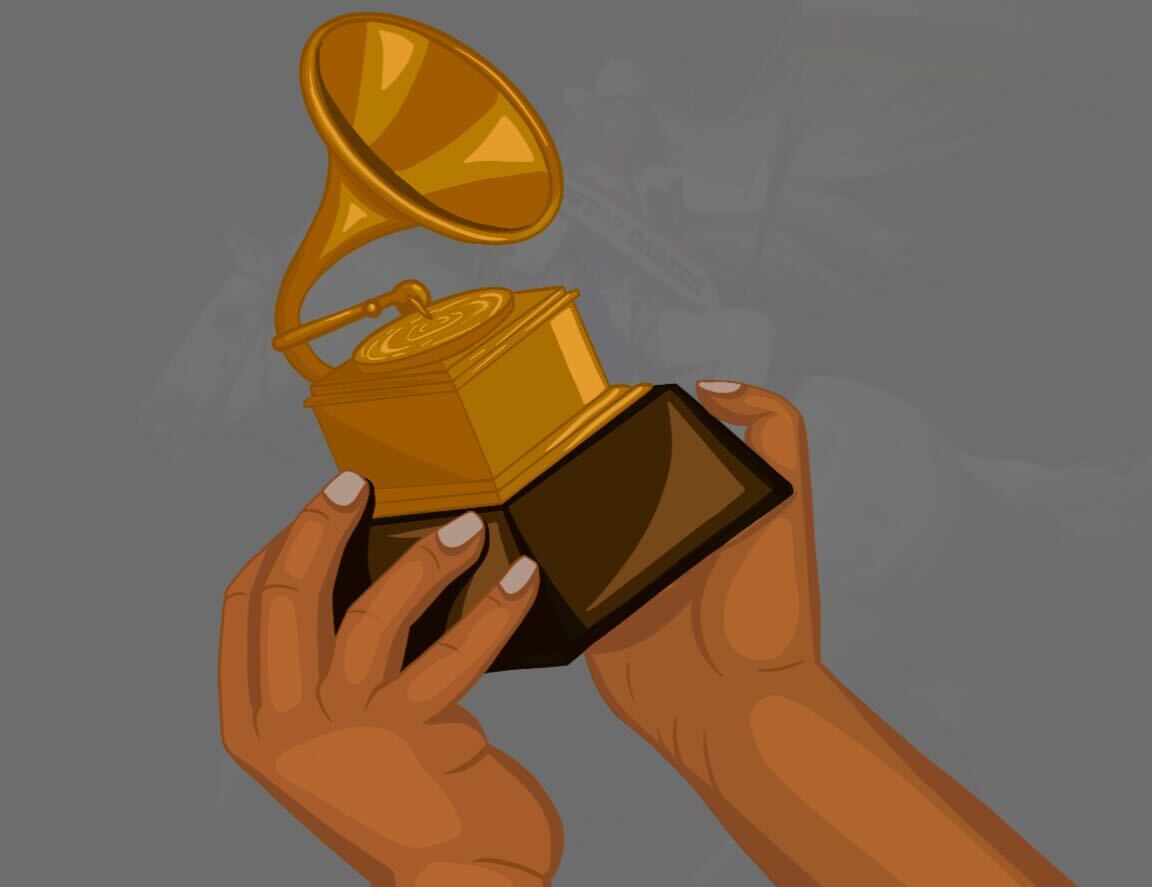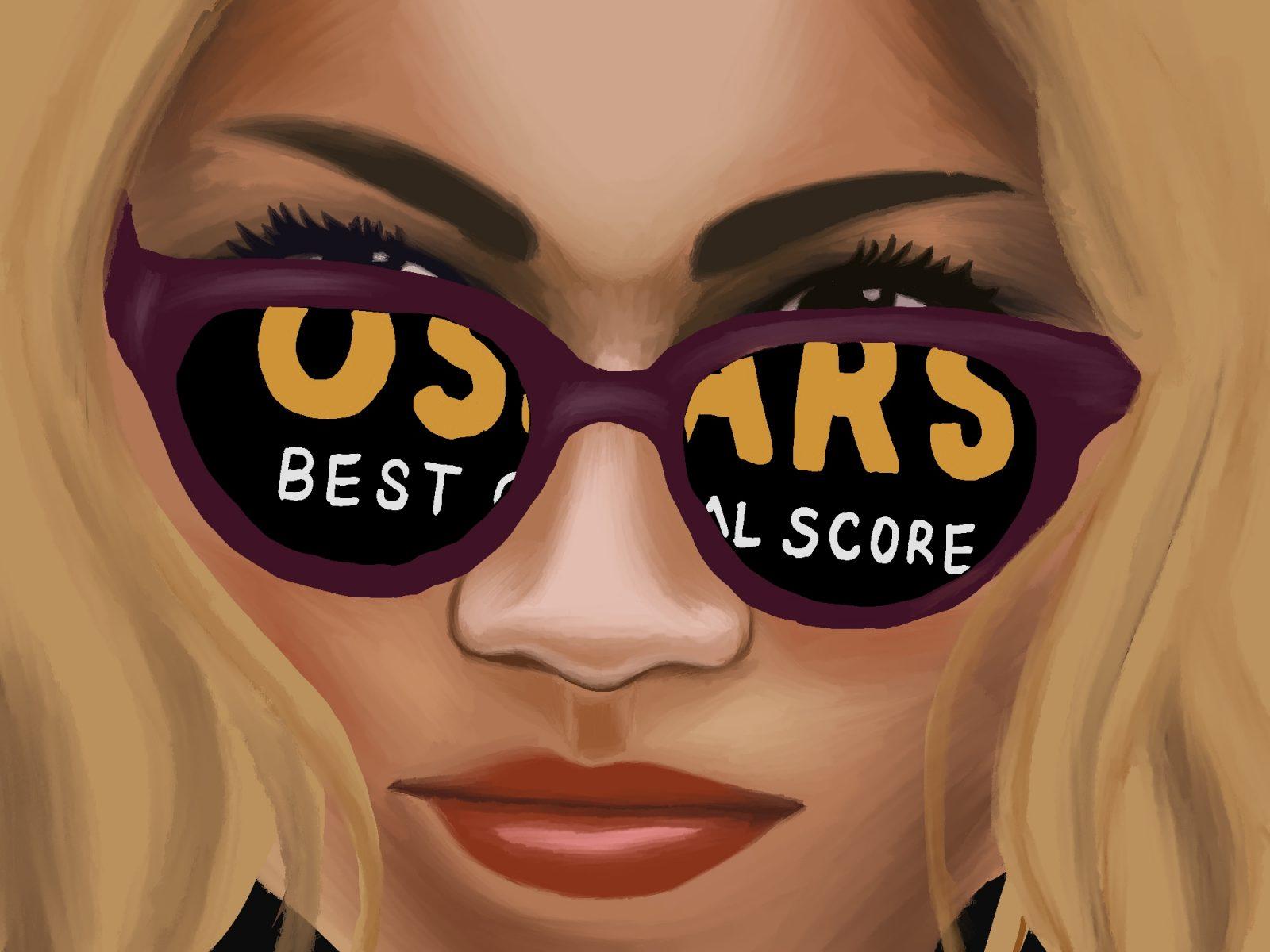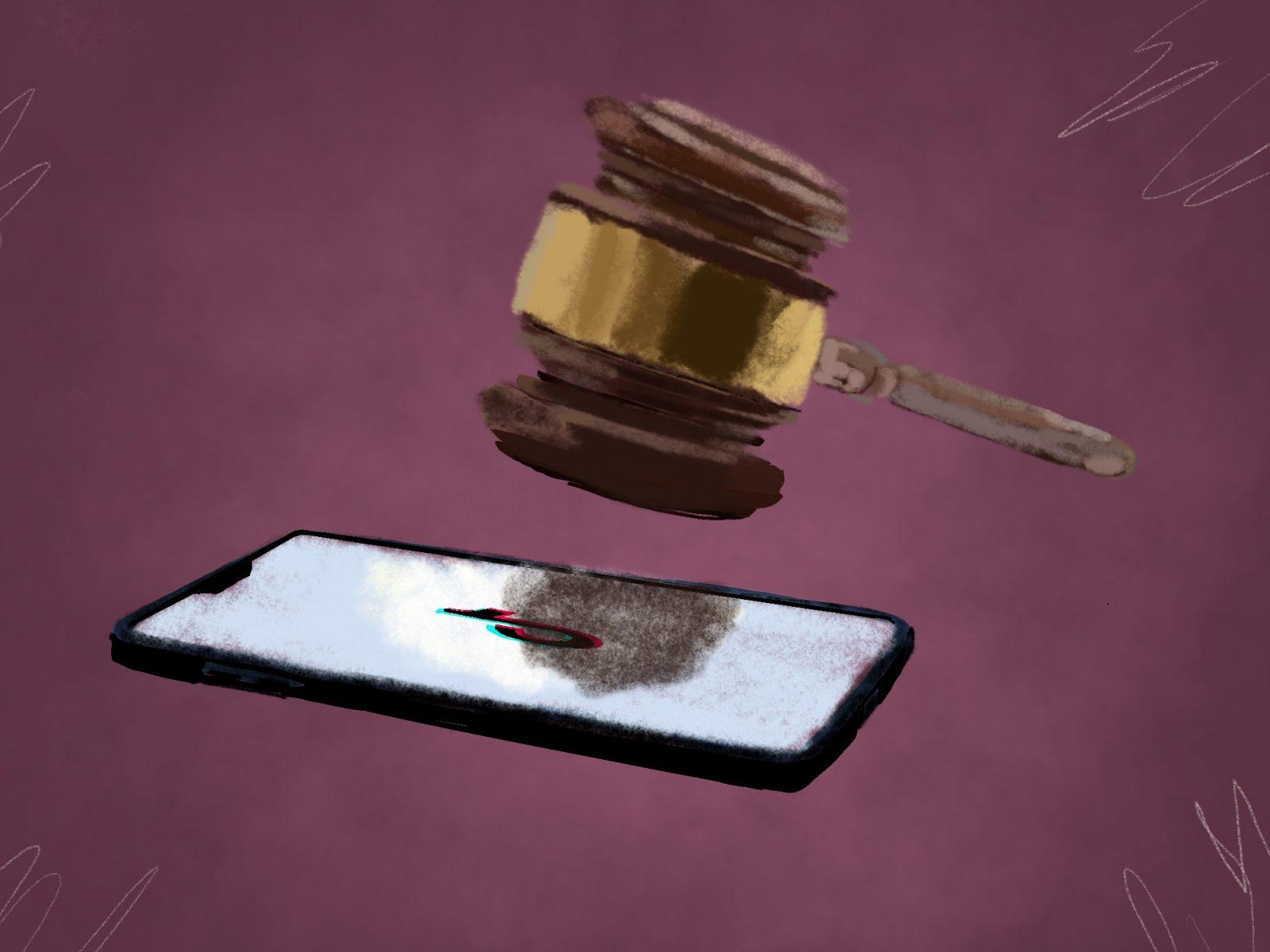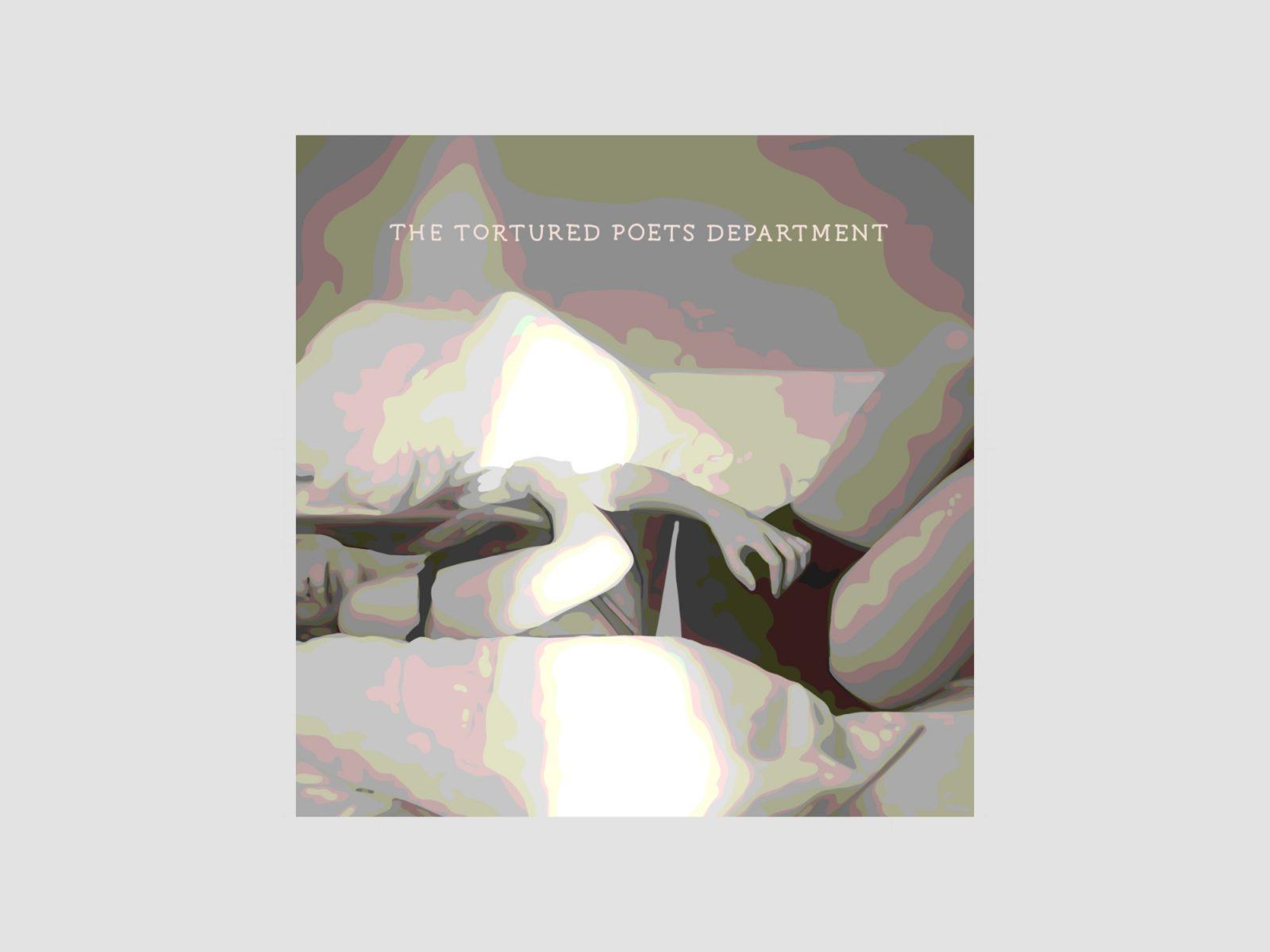For as long as Hollywood has existed, a second level of folklore has permeated the stories we end up watching on screen — the drama and rumors that take place behind the camera.
While most major pictures have some intrigue into relationships that happen behind the screen or conflict that occurs on set, a select few directors have cemented their names into Hollywood history for being known to foster particularly harsh “behind-the-scenes” environments.
My mind immediately goes to Stanley Kubrick’s tortuous perfectionism on the set of “The Shining” and David O’ Russel’s temper tantrums. This crew hosts a not-so-wide variety of (mostly) straight, white, male directors. But, strangely enough, it seems like a new member has been elected to the club: Olivia Wilde, and her film, “Don’t Worry Darling”.
While it just hit theaters a matter of weeks ago, Wilde and her movie have been in the center of attention for months. Since the early stages of its creation, the film has been an obsession of teenage pop music fans, thanks to Harry Styles’ supporting role, and a target for misogynistic, misplaced anger, like some of Wildes’ other directing ventures.
Just like Kubrick — and Woody Allen and James Cameron and Roman Polanski— Wilde has been accused of everything from feuding with her main actress to engaging in uncomfortable workplace relationships, as Wilde and Styles only began dating after the production on the film began. And though it’s hard to compare Wilde’s behavior to Polanski’s accusations of abuse, only one has been dragged to the town square with a scarlet letter taped onto her chest.
Curiously enough, it’s not the one who married their adopted daughter.

It would be wrong to consider this issue entirely from the perspective of Wilde being the odd-woman out, but it would also be incorrect to overlook the fact that her relationship with Styles and the film itself are subject to far more scrutiny than those of her male counterparts.
It’s hard to imagine Wilde’s wrongs are any worse than the slew of problematic directors who came before her. The only reason for this excessive criticism is that she’s the rare kind of woman in the public eye who took her shot when the opportunity presented itself.
If we are going to allow our opinion of a creator’s personal life to influence what we consider “good” or “bad” cinema, we need to ensure that we do this for every single person — not just for women who have broken the barrier into a peculiarly male-centric club.
This is not to say that Wilde should be exempt from these criticisms. In truth, the pillars of “feminism” that she rests her public persona on often read like they were taken directly from a feminist Insta-graphic, and I find it hard to admire a director who promotes a film as “focused on female pleasure” when that pleasure only exists in a Harry Styles fantasy land.
And this does not cover the issue of Shia LaBeouf, the actor originally set to play Styles’ role.
LaBeouf — known for his role in “Surf’s Up” and the abuse allegations leveled against him — has repeatedly refuted claims that he was fired. The actor has shared screenshots of emails, texts, and a shaky video sent by Wilde begging him to return to filming — which proves he in fact, quit the film for unrelated reasons.
Wilde has rejected these claims, going as far as stating that she fired LaBeouf to protect Pugh, but words mean nothing against evidence — and her’s ring like another manufactured slogan of performative feminism meant to do nothing other than save face.
But when we pick and choose who to hand these cultural death sentences to based on arbitrary moral standards, we’re not just sending a few artists to the guillotine — we’re shining a harsh spotlight onto ourselves, and onto what, and who, we consider worth punishing.
It’s one thing to call out Olivia Wilde for her “bad behavior” — it’s entirely another to do so and praise Woody Allen in the same breath.
All directors should be considered with a critical eye — after all, the movies that they create influence public opinion and behavior. It’s important that we take a moment to examine whether or not they deserve the power they hold. But in doing so, we as a population of consumers take on a certain level of responsibility. We are swearing an unspoken oath that we are willing to look beyond the surface level of the creator and examine their actions and art from an equal perspective.
So, yes — it’s okay to despise “Don’t Worry Darling,” and even to dislike Wilde. But think twice the next time you praise “Annie Hall” — you might just be part of the problem you’re trying so hard to condemn.






















































































































